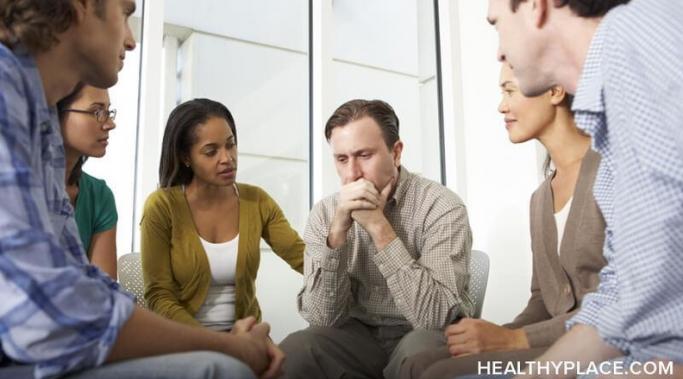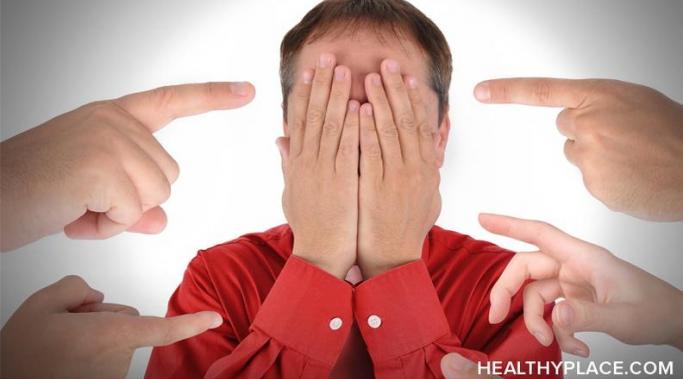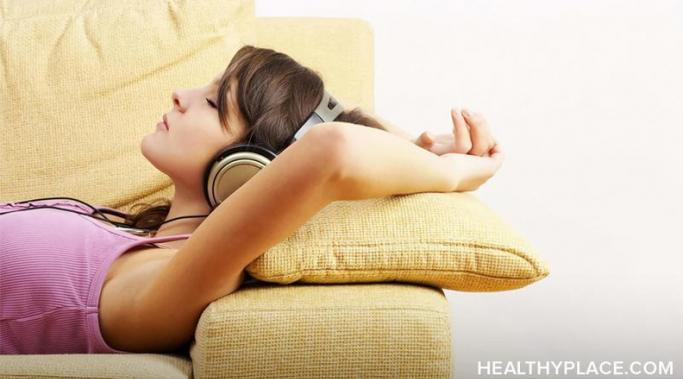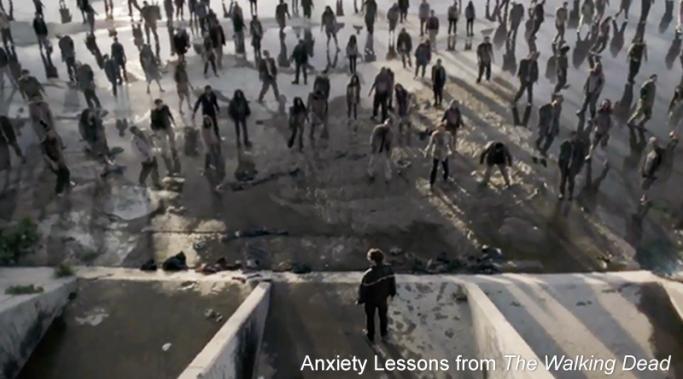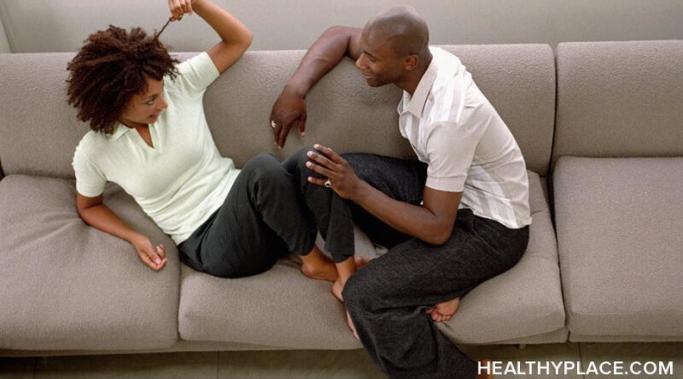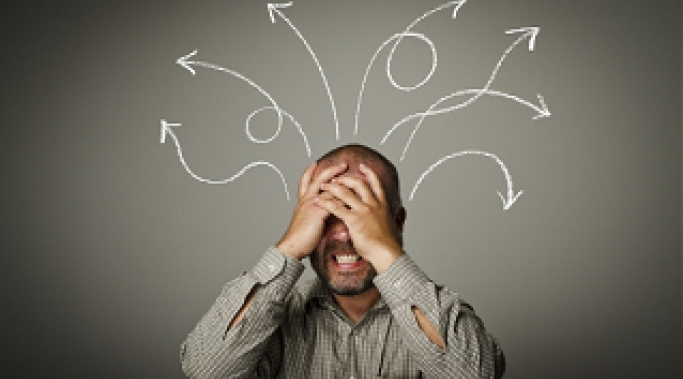Try as we might, we humans never quite get over the desire to be liked and sometimes with anxiety, we feel unlikeable. Being considered to be socially acceptable holds great importance for us whether we are starting a new job or joining in a game of hide and seek in the playground. Speaking as a person with an anxiety disorder, I tend to meet a person for the first time with the overwhelmingly glum presumption that they will either instantly dislike me or, best case scenario, will inevitably grow to dislike me over time. With anxiety, I feel unlikeable.
Anxiety-Schmanxiety
Anxiety is a burden that involves excessive worry and fear. When we live with anxiety and its worry and fear, we give up things in life that were once joyful. It’s not that we want to give up what we love; instead, anxiety is so all-consuming that it’s heavy and burdensome. Anxiety is hard to carry. The following simple short story illustrates just how burdensome anxiety, worry, and fear can be. It can also be a tool to help children cope with fear and anxiety.
Can anxiety disorders come from a traumatic brain injury (TBI)? Anxiety disorders can be challenging, and it’s natural to want to know what causes them. Anxiety disorders, like all mental illnesses, are disorders of the brain. The brain is an organ of the body, and it can experience disease and/or injury just like any other organ. Traumatic brain injury can cause serious damage inside the brain. Depending on what part of the brain is damaged, TBI can lead to mental illness. Anxiety disorders can, indeed, come from a traumatic brain injury (Relationship Between Head Injury and Anxiety Proven to Exist).
The words "anxiety," "criticism," and "self-doubt" can be synonyms, closely knit word triplets. Those mere words indicate that anxiety has many effects that tend to make life difficult. One particularly annoying effect of anxiety is sensitivity to criticism. Feeling crushed by criticism is an effect of anxiety, in general, and social anxiety, in particular, where the fear of being judged or of embarrassment can be immense. When anxiety and criticism are overpowering and lead to self-doubt, take heart. There are ways to conquer self-doubt. with with anxiety and criticism
You can remain creative with anxiety, if, indeed, you are creative in the first place. I believe that it is high time that we as a society stamp out the rather offensive notion that mental illness is somehow linked in with creative thinking and originality. This cliché could, in fact, not be further from the truth (Mental Illness and Crazy: Creativity and Medication). Many great artists, musicians and writers produce exceptional works in spite of their mental illness, not because of it. I am not a genius and I don’t have any fantastically advanced talents to speak of. However, I have felt my own ability to be creative disintegrate during times when my anxiety has skyrocketed but I've also learned how to remain creative through anxiety.
When anxiety shouts at you and makes a lot of noise, tune in to music to tone down anxiety. It’s a fact, based in scientific research and reported in numerous sources including HuffPost1 and Lifehack2, that listening to music can tone down anxiety (Music Therapy For Treatment Of Anxiety Disorders).
It's unlikely that the creators of the wildly popular AMC show The Walking Dead designed it to give people lessons on anxiety. Unbeknownst to them, however, zombies are actually an ideal metaphor for anxiety. Don't watch the show? No problem. No matter your degree of fandom for the show, The Walking Dead can definitely teach us about anxiety. Take a deep breath, conjure up images of zombies, and read on to learn important lessons on anxiety.
A concept known as shoulding contributes greatly to social anxiety, and an entirely different concept called shoshin, or beginner's mind, contributes to the fading away of social anxiety. Social anxiety involves fear and worry that we're doing everything wrong; thus, we should be acting, feeling, thinking differently so people don't judge us negatively. Social anxiety prejudges so much of our lives. Before we even interact with someone, we often assume that we're inadequate, that we should be better. Practicing a beginner's mind (shoshin) can help stop the shoulding and reduce social anxiety.
Anxiety can get tangled up with relationships and self-esteem. It’s Valentine's day this week which will also mark me and my partner’s six year anniversary as a couple. I'm lucky. We have a very close, equal and happy relationship. However, the process of falling and being in love has been tricky, and I have been hounded all the way by my depression and anxiety. Anxiety affects relationships and self-esteem.
A common effect of anxiety that can cause frustration is indecisiveness. Like depression and indecision, anxiety can make it difficult for people to make decisions, and not just the big, life decisions, either. With anxiety, it can be hard to make any decision, even ones that seem small and insignificant to others. This indecisiveness isn't intentional; instead, indecisiveness is an effect of anxiety that creates a high degree of frustration.

